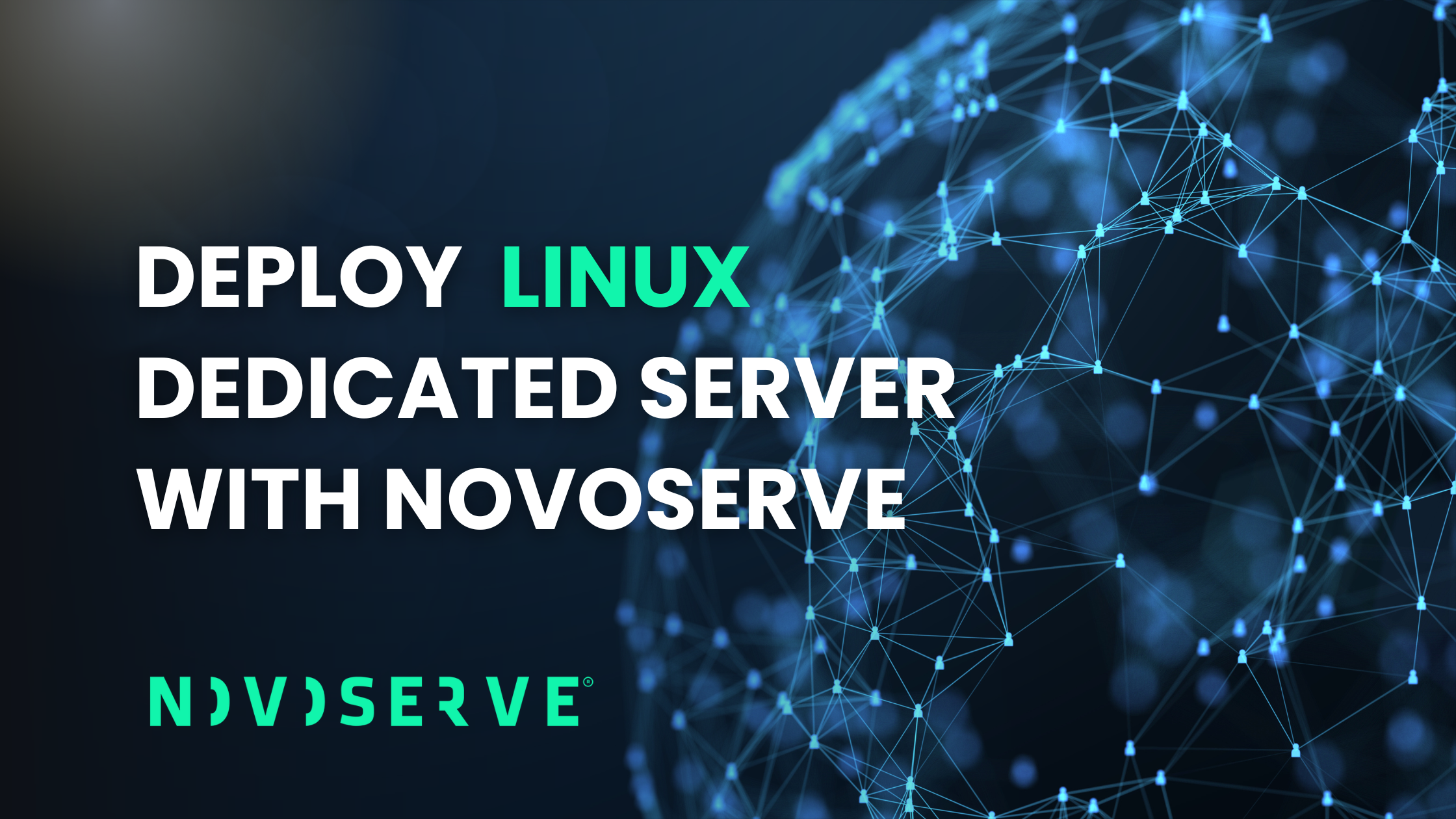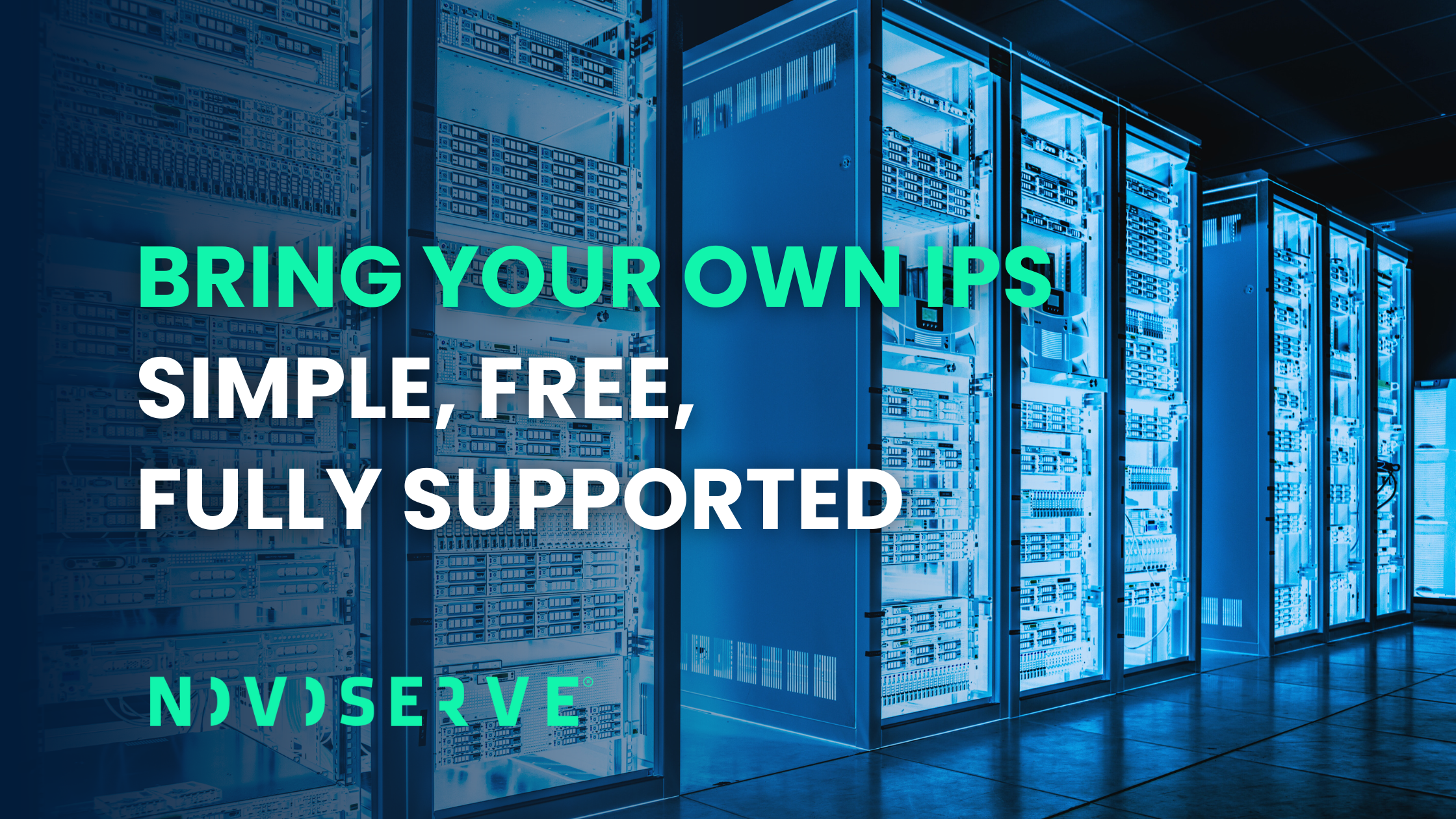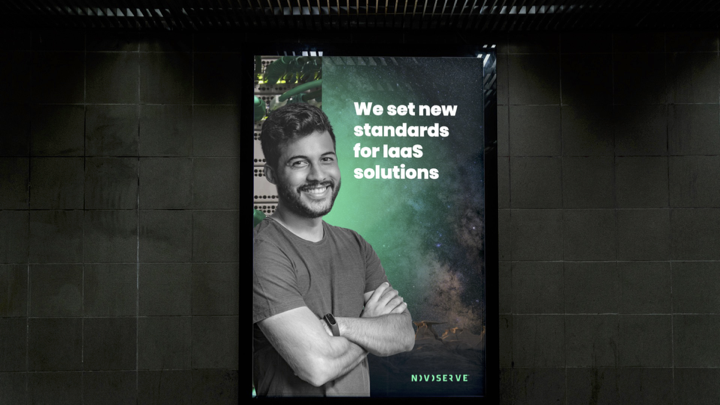Do you have a preferred operating system on your dedicated server, such as Linux distributions: Ubuntu, Debian, CentOS, and Fedora? With all of NovoServe’s dedicated servers, you can easily deploy your favourite Linux operating system or Windows operating system and configure it to match your needs – without restrictions.
Thanks to built-in IPMI (KVM) access, you can upload your ISO, access the BIOS, and install or re-install OS like Linux’s Debian or Ubuntu anytime—just like working on a local physical box. No restrictions, no vendor lock-in. Whether you're standing up a web host, database, container cluster, or development environment, our servers are ready for any Linux use case.
Browse all NovoServe Dedicated Servers and choose the perfect fit for your Linux workloads.
What Is a Linux Server?
A Linux server is a bare-metal or virtual machine running a Linux-based operating system. It's widely used to run backend systems, web services, applications, databases, proxies, and development environments.
Popular Linux distributions like Debian Server and Ubuntu Server are known for their stability, high performance, and rich package ecosystems. Developers, sysadmins, and enterprises rely on them for mission-critical systems—from web servers to CI/CD pipelines.
Thanks to its modular design and open-source nature, Linux provides excellent performance and flexibility, whether you're managing a single node or building a global infrastructure.
What Are Linux Servers Used For?
Linux powers a wide range of backend and infrastructure workloads. When running on bare-metal, these use cases benefit from maximum performance and full resource isolation. Common Linux server use cases include:
- Web hosting & LAMP/LEMP stacks: Apache or Nginx, MySQL or PostgreSQL, and PHP or Python are easily deployed on Debian and Ubuntu.
- Databases: Linux is the natural environment for PostgreSQL, MySQL, MongoDB, Redis, Cassandra, and more.
- Application servers: Java, Python, Go, Node.js, .NET Core, and Ruby all run smoothly on Linux.
- Containers & orchestration: Linux is built for Docker, Podman, Kubernetes, and KVM virtualization.
- Proxy, caching, and edge layers: Tools like HAProxy, Nginx, Varnish, and Squid work flawlessly.
- CI/CD & development: Linux provides powerful tools for automation—SSH, Ansible, Git, Terraform.
- Monitoring & backups: Set up Prometheus, Grafana, Bacula, and other key tools for observability.
Deploying on NovoServe’s bare-metal Linux servers ensures full hardware control, low latency, and robust resource guarantees—perfect for demanding and scalable Linux workloads. You get full access to CPU, RAM, storage, and bandwidth—ensuring your Linux workloads run without bottlenecks or interference.
Why Choose Linux Servers for Dedicated Hosting?
Linux remains the operating system of choice for dedicated hosting because of:
- Freedom of customization: Since Linux is open-source, it offers the advantage of being fully-customisable. Install only what you need, avoid licensing fees, and tune the OS to your application.
- Stability and uptime: Distributions like Debian are known for rock-solid reliability, making them ideal for long-running services.
- Security and control: The design and active participation of the Linux community makes it a very secure operating system. Linux offers powerful user permissions, firewall tools, and auditing capabilities.
- Efficiency at scale: Lightweight, fast boot times, and efficient resource usage make Linux perfect for performance-focused deployments.
When combined with dedicated hardware, Linux gives you total control, maximum isolation, and predictable performance—all critical for high-traffic or latency-sensitive workloads.
How to Install Linux on Your Dedicated Server
Getting started with Linux on a NovoServe server is simple. In our customer portal, you’ll find a drop-down list of available Linux distributions. Just select your preferred distro—Debian, Ubuntu, CentOS, AlmaLinux, etc.—and proceed with automated installation.
Want full manual control and want to install a different operating system? You can then use IPMI/KVM to install your own preferred system. And if you need help or want to install a custom image, just contact us. We're happy to assist.
Our dedicated Linux servers are built on high-quality, enterprise-grade hardware with scalable resources, designed to handle everything from small web applications to complex container orchestration or database clusters. Thanks to low-latency connectivity and robust network infrastructure across multiple data centers, your Linux workloads run smoothly no matter where your users are.
Moreover, the full IPMI/KVM access included with every server lets you manage your dedicated Linux servers remotely as if you were physically in front of it. This means you can install, troubleshoot, and reboot your server anytime, giving you unmatched flexibility and uptime control.
We also understand that technical support matters. Our knowledgeable support team is available around the clock to help with any questions or challenges, ensuring your operations stay up and running. With NovoServe, you get a perfect blend of power, freedom, and expert support for your Linux server projects.
Whether you’re hosting containers, databases, web apps, or DevOps tools, a NovoServe dedicated Linux server gives the autonomy, performance, and flexibility developers and IT teams love.
👉 Check out our Linux-ready dedicated servers—or contact us to get personalized hardware recommendations for your use case.





